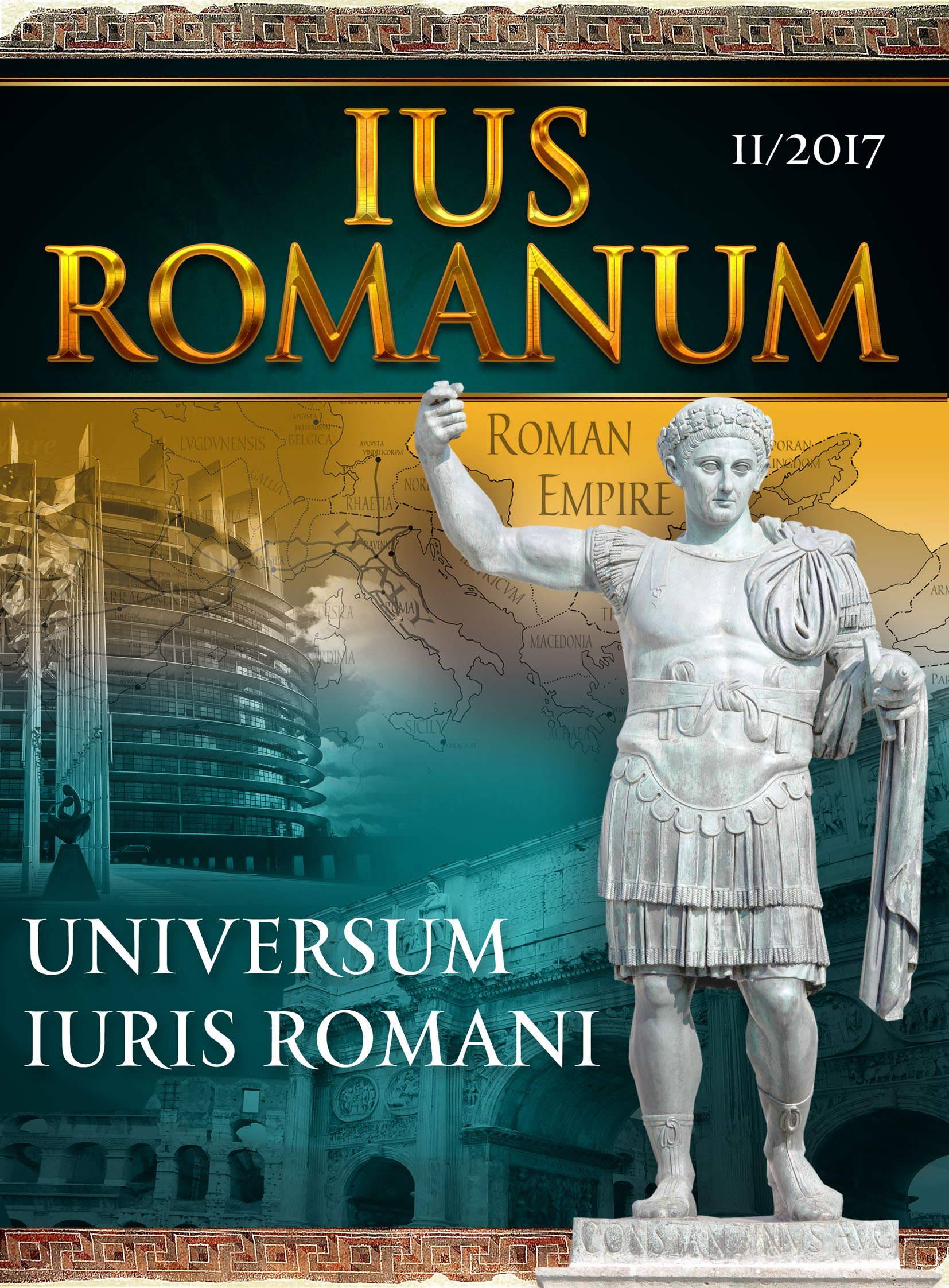FALSE TESTIMONY - DETERMINATION IN MODERN SERBIAN LAW AND ITS BASIS IN ROMAN LAW
FALSE TESTIMONY - DETERMINATION IN MODERN SERBIAN LAW AND ITS BASIS IN ROMAN LAW
Author(s): Aleksandar ArsićSubject(s): Law, Constitution, Jurisprudence, History of Law, Criminal Law, EU-Legislation
Published by: Софийски университет »Св. Климент Охридски«
Keywords: Roman law; ius puniendi; false testimony; Serbian Criminal Code; witness;
Summary/Abstract: In order for the state to implement ius puniendi it is necessary to properly and on the basis of the law determine all the required facts to which the legal norms contained in the Criminal Code will be applied. Although in theory there is a large number of conceptual determinations of evidence, one thing is certain – when determining the decisive facts in the criminal procedure the importance of evidence as a means of determining facts is undisputed. Primarily will be emphasized an invaluable role of the witness as a person who possesses certain knowledge of the importance of both establishment of the facts and in that manner for the implementation of the original state's right to punishment. In this paper will be made a review of the development of criminal offense of giving false testimony in Roman law, as well as the impact of its former definition on the determination of this criminal act by the Serbian legislator.
Journal: IUS ROMANUM
- Issue Year: 2017
- Issue No: 2
- Page Range: 377-387
- Page Count: 11
- Language: English

